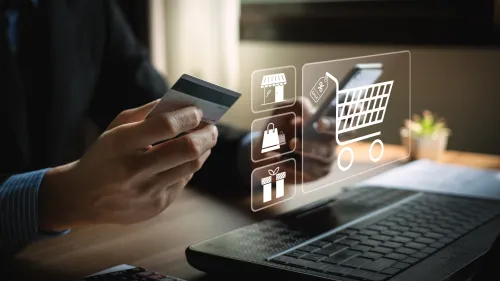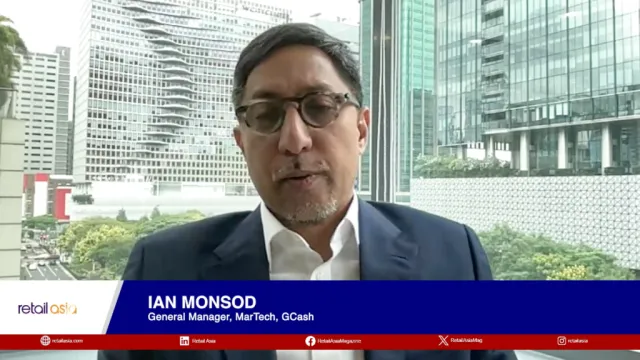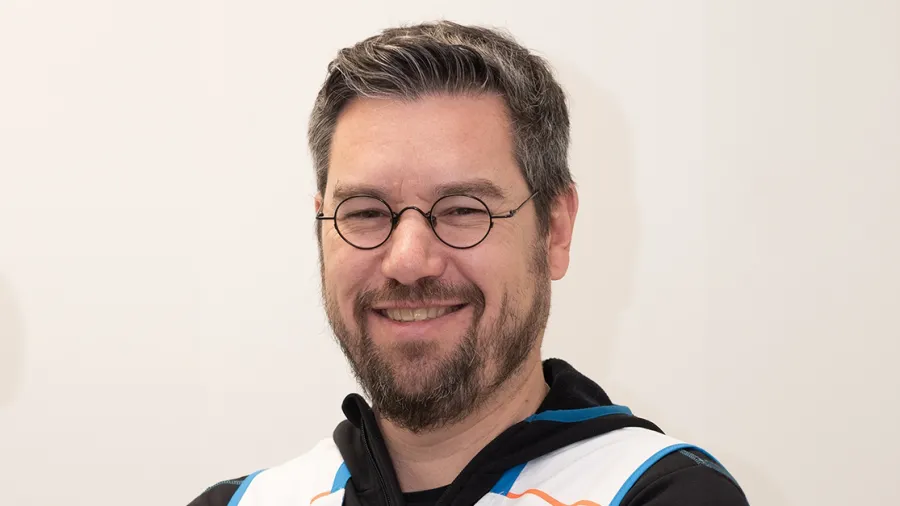
Decathlon gets closer to hybrid Singaporean shoppers through pick-up service
The world’s largest sporting goods retailer lets clients pick up online orders on the go.
Decathlon is building on the success of its pick-up service in Singapore as it progresses toward its target of having 37 locations in the city-state in the next two years, its top official said.
“The key to the brand’s expansion is our desire for Decathlon to be as close to the community as possible — to be within 15 minutes from the homes of all Singaporeans,” Decathlon Singapore CEO Stephan Veyret told Retail Asia.
“Click & Collect is designed to integrate smoothly into the lives of Singaporeans, offering them a flexible way to pick up purchases on the go,” he added.
The French sporting goods retailer, the largest in the world, heavily relies on its brick-and-mortar stores, with 87% of sales occurring in-store compared with 13% online.
About 50% of Singaporeans prefer hybrid shopping, though they tend to make more purchases online, according to a study by KPMG and GS1 released in June. A further 26% said they mostly shop online, but visit physical stores for specific items or experiences, whilst 21% prefer physical stores.
KPMG cited the emergence of seamless commerce, “which recognises a brand’s customer journey across multiple platforms and services, encompassing social media, delivery innovations, apps, websites, automated messaging and other digital interactions, all seamlessly integrated with traditional physical stores.”
“E-commerce is something Singaporeans have been accustomed to for many years now,” Veyret said. “With speed and efficiency so ingrained in our daily lives, ‘quick commerce’ is fast becoming the expected service standard.”
Beyond convenience, Decathlon’s Click & Collect service aligns with the company’s broader values. “For example, each delivery van carries multiple parcels per trip to each of our 18 stores, bringing deliveries closer to our customers, whilst reducing our carbon footprint,” the CEO said.
In line with its sustainability goals, the company has committed to eliminating single-use plastics from its e-commerce operations. Decathlon's efforts in this area are further supported by a 30% year-on-year increase in awareness of its Second Life product range, highlighting a growing acceptance of second-hand goods.
“As a brand, we understand that both consumers and brands drive each other to be more sustainable, and both play integral roles in moving towards more green practices,” Veyret said.
The company aims to produce all its products using renewable energy by 2026, from 65% now. It reduced its carbon emissions by 9.2% in 2023, whilst posting a 4.2% increase in global revenue.
Decathlon's circular business model is also gaining traction, with Singapore leading the way. The company has refurbished and sold more than 2,500 bicycles under its buy-back program, and there are plans to expand the initiative by including fitness equipment and other products.
Globally, Singapore ranks sixth for circular turnover and second-life sales within Decathlon’s operations.
Looking ahead, Decathlon plans to enhance customer experience by working with Enterprise Singapore, Design Singapore, and the Economic Development Board. Future innovations include integrating digital content with in-store purchases and launching an upgraded membership program with benefits such as point redemption and extended returns.
“These digital innovations will allow us to enhance the customer experience not only at the larger Experience stores, but also at the more compact Click & Collect touchpoints,” Veyret said.
Decathlon continues to prioritise product innovation, with designs crafted by sports enthusiasts for enthusiasts. Notable innovations include the Easybreath snorkelling masks, two-second camping tents, and a one-second folding bicycle.
Additionally, the retailer’s revamped membership program, introduced in July, seeks to deepen customer engagement by offering rewards and exclusive access to Decathlon events and services.
“As the world’s largest sporting goods retailer, Decathlon continues to help move people through the wonders of sport, making it easier for people to practise sports they love in ways which suit them, globally and in Singapore,” Veyret said.
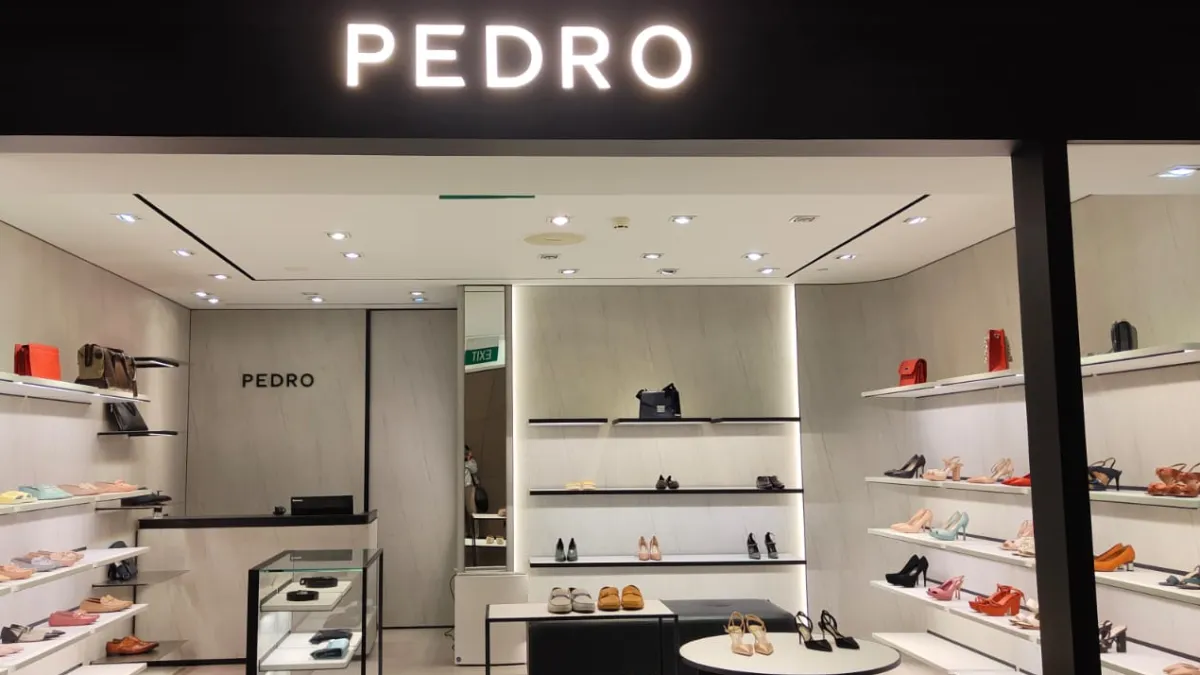

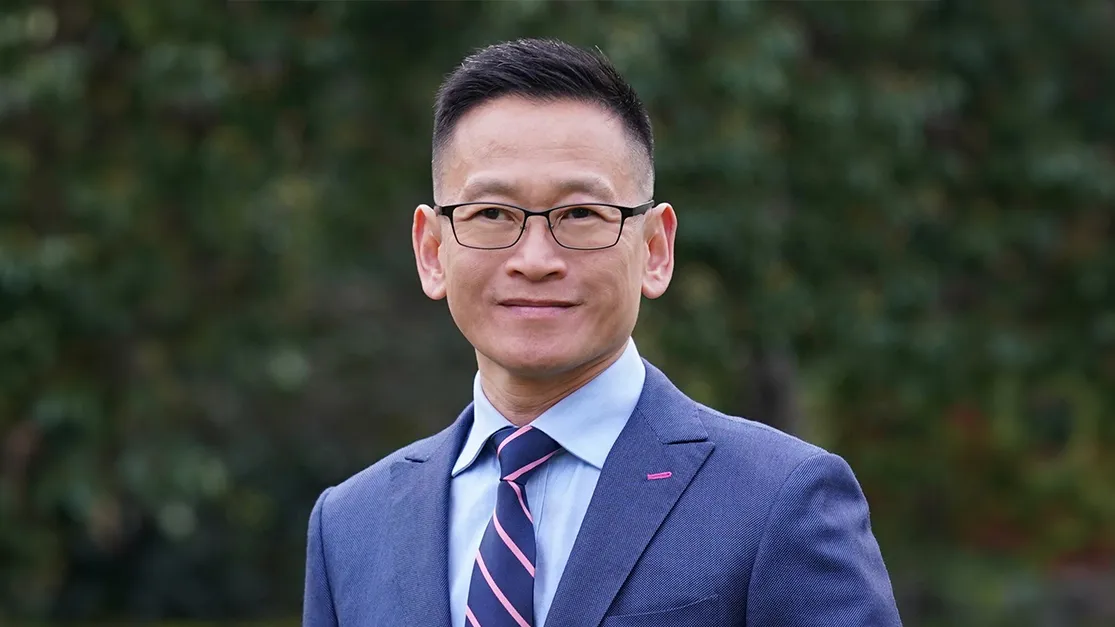
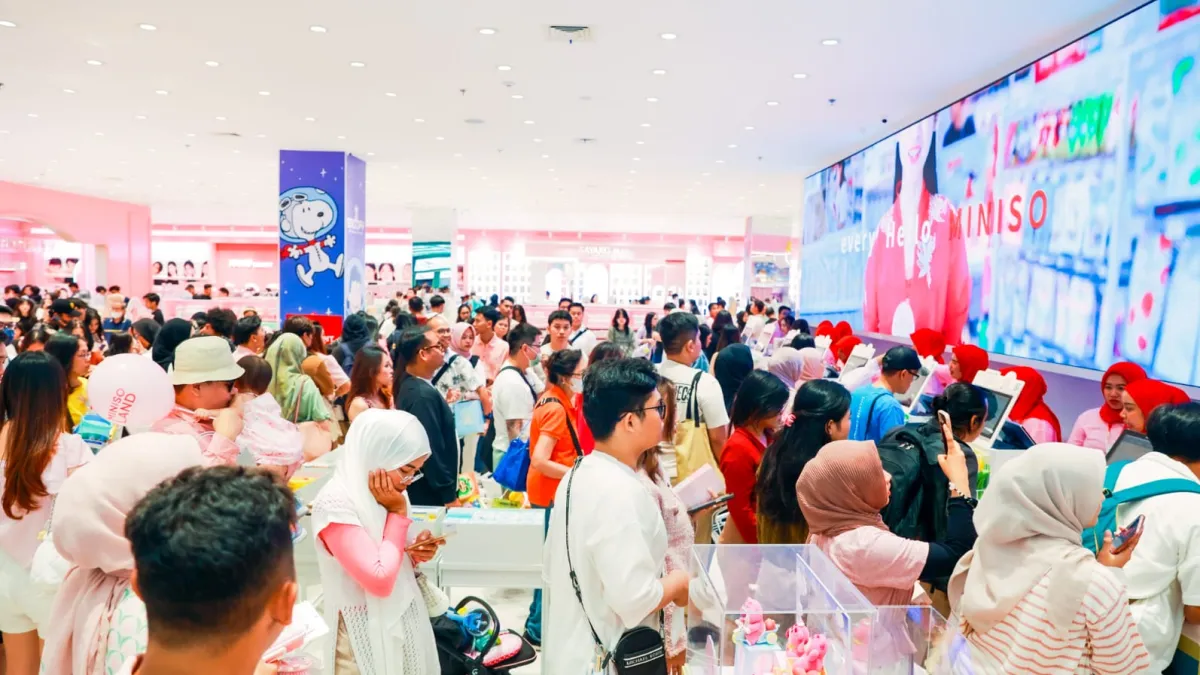
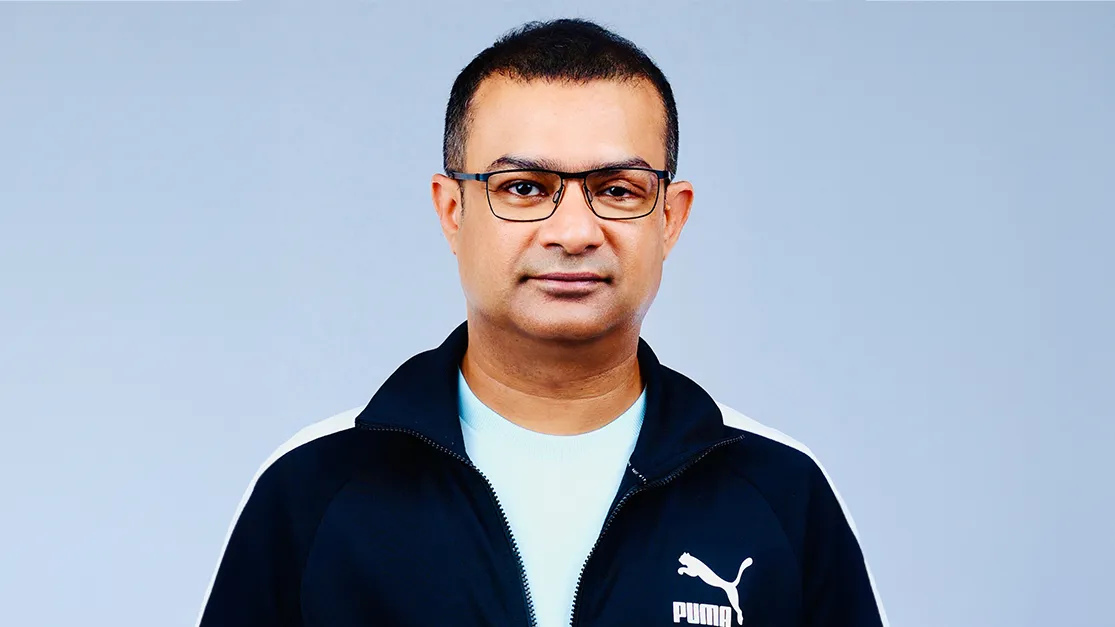
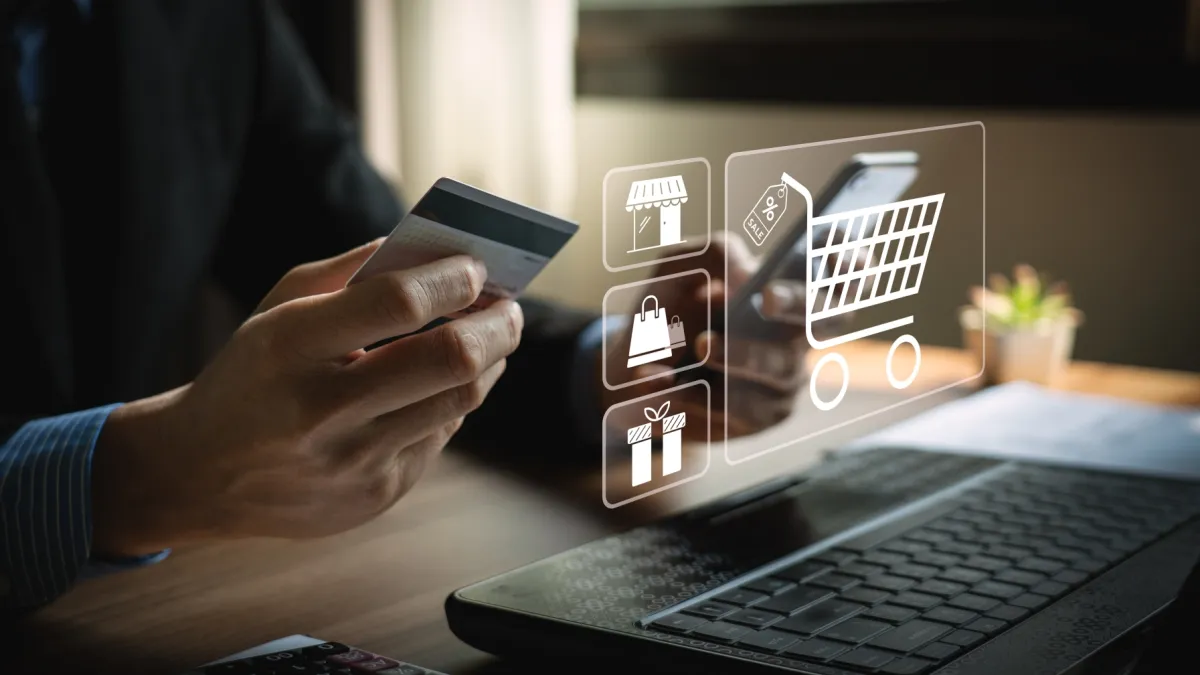





 Advertise
Advertise
